#Jobs
Ford Cutting Over 1,000 Jobs in Germany as Company Pivots to EVs
Ford is reportedly preparing to lay off a minimum of 1,000 German employees as it prepares to manufacture two battery-electric models developed under Volkswagen’s MEB platform. The partnership is old news, as is Ford wanting to pivot toward all-electric vehicles. However, everyone seems surprised that the decision would be accompanied by job cuts – despite countless reports having predicted that the global push toward EVs would mean far-fewer automotive jobs in the years to come.
NHTSA Boss Leaving to Head California Air Resources Board
The National Highway Traffic Safety Administration (NHTSA) has had a difficult time finding permanent leadership ever since Mark Rosekind resigned in 2017. But the Senate managed to confirm Steven Cliff as administrator in May of 2022, providing the agency with some welcome but short-lived stability. The NHTSA announced that its current boss would be leaving to join the California Air Resources Board (CARB) on Friday.
Report: Ford Cutting 8,000 Jobs as It Repositions for EVs
A report, citing unnamed sources, has claimed Ford is planning to eliminate up to 8,000 jobs in North America to free up capital for its ongoing transition to all-electric vehicles. Cuts are expected to begin later this summer and will allegedly target salaried employees working within the “Ford Blue” unit the automaker created to specialize in gasoline-driven vehicles.
This follows earlier statements made by CEO Jim Farley, who warned in February that the company had too many people on its payroll and specifically lacked the expertise required to reposition itself as an automaker specializing in EVs. Though this isn’t really unique to the Blue Oval, as the entire industry knew that manufacturing electric cars would require far less manpower.
Chinese Lockdowns Force Toyota to Cut Production Again
The automotive industry has basically resigned itself to running with lessened production for the foreseeable future. A significant number of automakers have suggested that it might be more lucrative to scale back output, reduce overhead, and focus on achieving broader margins per car during this prolonged period of economic and logistical duress. However, Toyota started the year saying it would do its utmost to raise production output as a way to make up for losses incurred during the pandemic. The company even said it anticipated things to gradually normalize through the spring.
Unfortunately, things have not gone according to plan. By March, the Japanese automaker had lowered its output goal for the fiscal year by 500,000 global units. Another 20 percent was lopped off for the month of April and leadership began expressing concerns that those preexisting goals might be totally untenable. While there were moments with the target actually rose, Toyota has repeatedly been forced to walk those claims back as the realities of the market dashed its dreams. Now, the company is once again cutting planned output for the month of June over supply chain issues with China.
Aston Martin Sees CEO Swap
Aston Martin Lagonda will be seeing new leadership. Tobias Moers will be surrendering his role as chief executive to make way for former Ferrari CEO Amedeo Felisa.
While the formal announcement was made on Wednesday, rumors about Moers getting the boot had been circulating ever since Aston Martin Racing head Otmar Szafnauer left the company in January after repeatedly butting heads with executive chairman Lawrence Stroll. Szafnauer was said to have resigned, however, reports suggested that the Canadian financier was displeased with his performance. At the time, there were claims that Moers’ head was next on the chopping block.
VW Plans Mass Culling of Combustion Cars, Loftier Margins
Practically every automaker on the planet has begun signaling a desire to change with the times by collectively revising their business strategies. The new hotness involves lower volumes, higher margins, and electric vehicles with the ability to push connected services allowing manufacturers to charge you piecemeal for just about every feature imaginable.
While Volkswagen Group has been at the forefront of those trends since the 2015 Dieselgate scandal helped force its hand, it often suggested that the shift to EVs would be a boon to low-income families. It was hardly the only automaker to make such promises, nor has it been the first to break them after deciding that perhaps there’s more money to be made with premium vehicles. VW has decided that its ideal strategy involves culling internal combustion vehicles by 60 percent over the next eight years and focusing on higher-margin products yielding superior profitability.
Will Toyota's Production Pause Go Global?
Following last week’s announcement where Toyota explained its need to scale back Japanese production by 20 percent this April, the automaker has outlined planned slowdowns for the foreseeable future. It’s citing all the usual problems. Countries are still employing various COVID-19 restrictions that are upending supply chains, semiconductor production for automobiles remains insufficient, and there’s a war in Eastern Europe that’s creating all-new troubles while exacerbating some of the more familiar ones. But scaling back output might not be the death sentence it sounds like.
With last year resulting in 10 million deliveries worldwide, Toyota actually managed to improve its sales against 2020’s year-over-year global production decline of 12 percent. And the last two years have also yielded enhanced profitability for the automaker, despite it having expressed repeated concerns about procuring enough components to keep popular models (like the RAV4) in stock. In 2021, Toyota saw $249.4 billion in revenue and even became the best-selling automaker in the United States, dethroning former top-dawg General Motors.
Tesla Pauses Production in Shanghai
Tesla Inc. is briefly suspending production at its Shanghai factory for two days, starting today, as China upgrades restrictions pertaining to a new COVID outbreak. While the rest of the world has been scaling back pandemic-related restrictions, the Chinese Communist Party has begun issuing new mandates after locking down 51 million people at the start of the week. The government has said its part of its no-tolerance approach to the virus after citing roughly 1,700 infections spread across a dozen cities.
This has already started impacting supply chains that have been beleaguered by two years of restrictions already, apparently catching Tesla in the process. Despite Shanghai not having been issued any official orders, there’s been mounting pressure for businesses to temporarily shut down or reinstate protocols to have people work from home.
Volkswagen Shifting Production Out of Europe, Into U.S. and China
Volkswagen Group will be moving some of its European production out of the continent and into facilities located in China and the United States, citing the war in Ukraine as the largest contributing factor. Though if you’ve been following the company, it had already signaled a desire to raise its capacity in China ever since the region shifted into becoming its largest market.
In fact, Chief Executive Herbert Diess said during Tuesday’s press call that China will be taking precedence as the automaker reorganizes its manufacturing.
Toyota Cutting Production By 20 Percent Next Month
Earlier this week, we covered Toyota stressing over the feasibility of its current production plans. Automakers around the world are presently trying to suss out how to maintain solid profitability with diminished output, with Japan’s largest manufacturer suggesting the present state of the world might force it to do likewise.
While we assumed the resulting decisions would take a couple of weeks for Toyota to finalize, as it considered its many options, the company announced on Friday that it would need to cut domestic production by 20 percent for the month of April. The automaker framed this as part of its preexisting “recovery plan” necessary to account for supply chain issues that never seem to end, saying that diminished output would gradually normalize in Japan over the spring.
Toyota Considers New Production Strategy As World Burns
Toyota Motor Corp. is reconsidering its existing production strategy, citing ongoing global issues that are hindering its ability to manufacture vehicles at a normal pace.
Like most other automakers, Toyota has endured COVID restrictions, supply chains bottlenecks, component shortages, at least one cyberattack, and some new obstacles stemming from Russia’s invasion of Ukraine. These issues have already encouraged General Motors to pursue lower output as it focuses on selling on higher-margin vehicles. Though it’s hardly the only automaker signaling diminished production for 2022. Even the National Automobile Dealers Association is assuming 2022 will be another year of extra-tight inventories and wild markups. It’s something the industry was already doing, with Toyota becoming the next company opting to rejigger its targets to account for hard times.
Rising Fuel Prices Have Upended the Economy
Unless you’ve spent the last twelve months locked inside your home, then you’re probably dreading the next trip to the gas station. The average price for a gallon of 87 octanes has reached $3.40 in the United States. That’s about 50 percent steeper than it was at the start of 2021 and undoubtedly more than you’re wanting to shell out today. Though one cannot ignore the dizzying rates being advertised outside of British “petroleum parlors” or France’s many “un bordel pour voitures.” Canadians are also forced to endure higher gasoline prices, as the government tends to stack the taxes a little higher and the U.S. dollar tends to be more valuable. At least for now.
All you need to know for the purposes of this article is that fuel prices are up and it’s influencing the economy in some pretty dramatic ways.
Drama at Volkswagen After CEO Suggests 30,000 Job Cuts
Volkswagen CEO Herbert Diess has been facing off with the company’s German workforce for weeks over the changing nature of the business. VW vowed to transition itself toward an all-electric lineup following the 2015 diesel emissions scandal. But the necessary steps to get there haven’t been universally appreciated.
The general assumption has always been that electric vehicles would result in massive layoffs across the industry by nature of their needing fewer parts than internal combustion vehicles. But Volkswagen seems worried that it’s falling behind smaller rivals and needs to take decisive action to make sure it’s not outdone by firms operating in the United States and China. The proposed solution is an industrial overhaul designed to fast-track VW’s electrification goals. Unfortunately, German labor unions are convinced that this plan would incorporate massive layoffs and have become disinclined to offer their support. The issue worsened in September when Diess told the supervisory board that a slower-than-desired transition to EVs could result in 30,000 fewer jobs.
Infiniti Convinces Woman to Take Three Jobs
Nissan-owned Infiniti has opted to merge marketing, public relations, and social media oversight into a single position. Framed as a promotion for Wendy Orthman, the brand’s current global head of communications, the management shift takes place shortly after former General Manager Global Brand and Marketing Phil York decided he had better things to do in Europe. But it really just seems like the company figured out a way to roll three jobs into a single paycheck.
Effective today, Orthman will be assuming the freshly minted title of general manager of Global Integrated Brand, Marketing and Communications. According to the automaker, the position combines the roles of a chief marketing officer and head of communications while also providing oversight for Infiniti’s social media and public relations.
McLaren CEO Mike Flewitt Leaving the Supercar Business
McLaren Automotive CEO Mike Flewitt will be stepping down after spending eight years at his post. The supercar manufacturer has stated that it’s already in search of his replacement, though that will be just one of several issues it needs to square away.
While Flewitt oversaw the brand’s impressive global expansion efforts and push to integrate new technologies needed for a broader product lineup, McLaren is still reeling from work stoppages done in response to the COVID-19 pandemic. Financial concerns have since encouraged the company to scale back its involvement in Formula One so it could prioritize its own survival, saving jobs wherever possible.




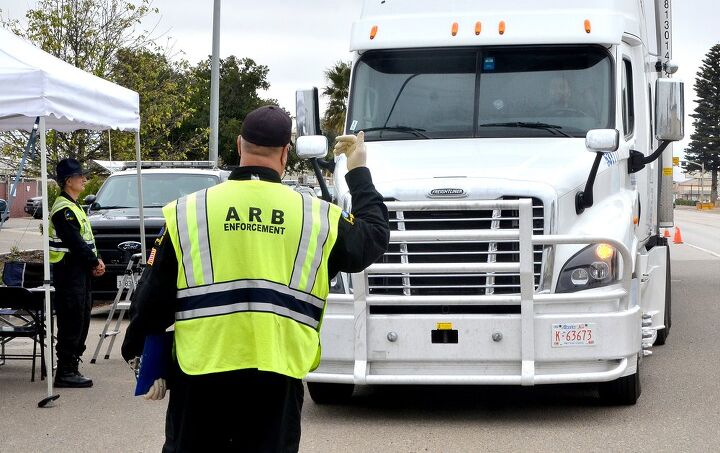
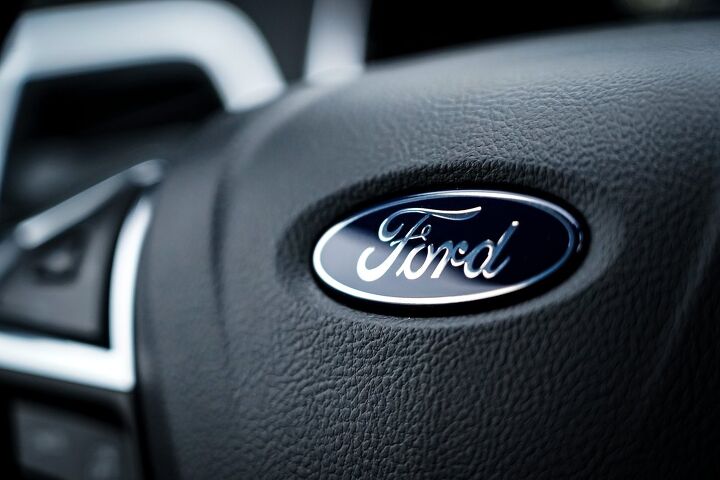
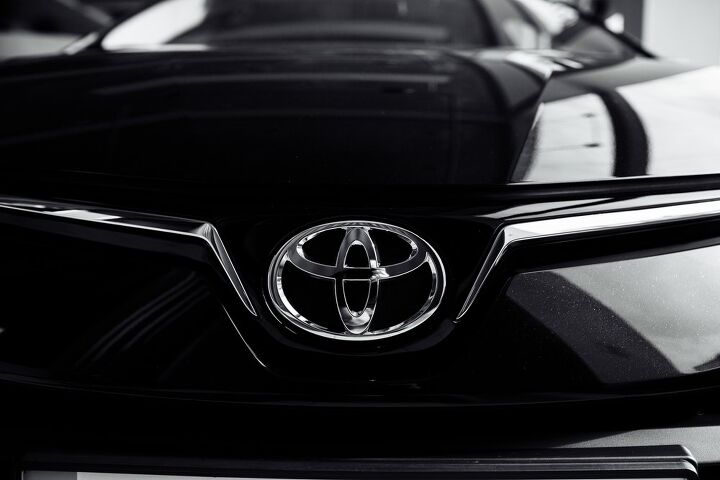



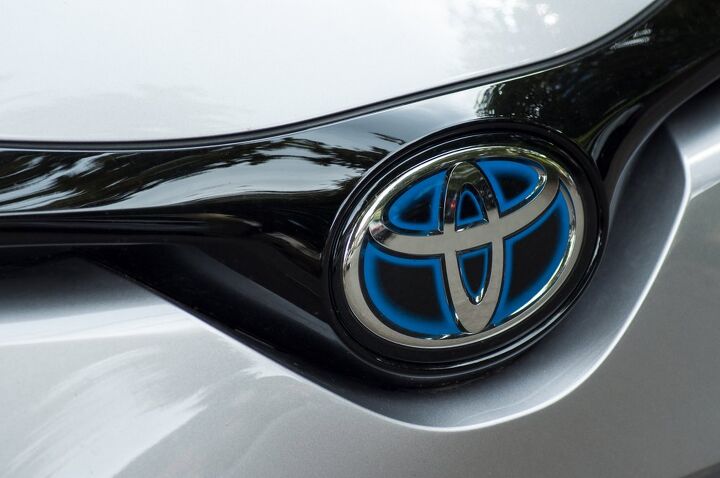

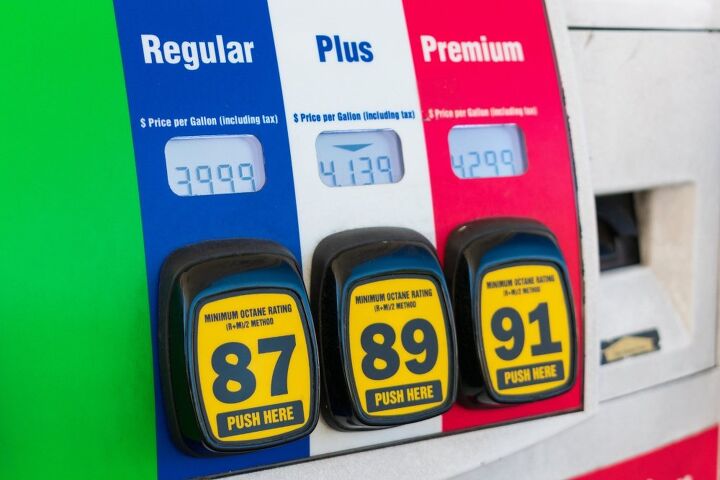














Recent Comments